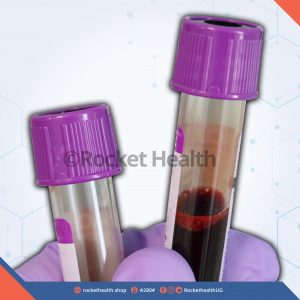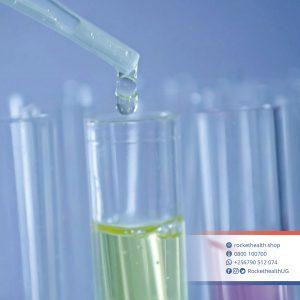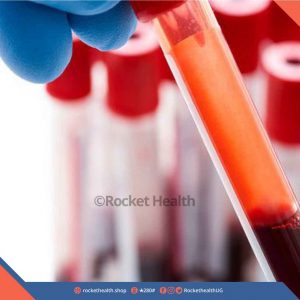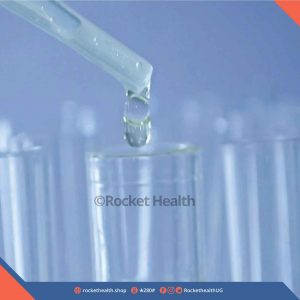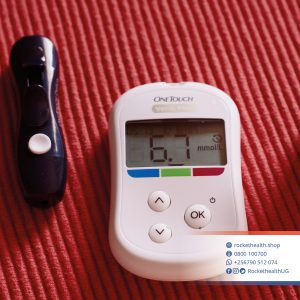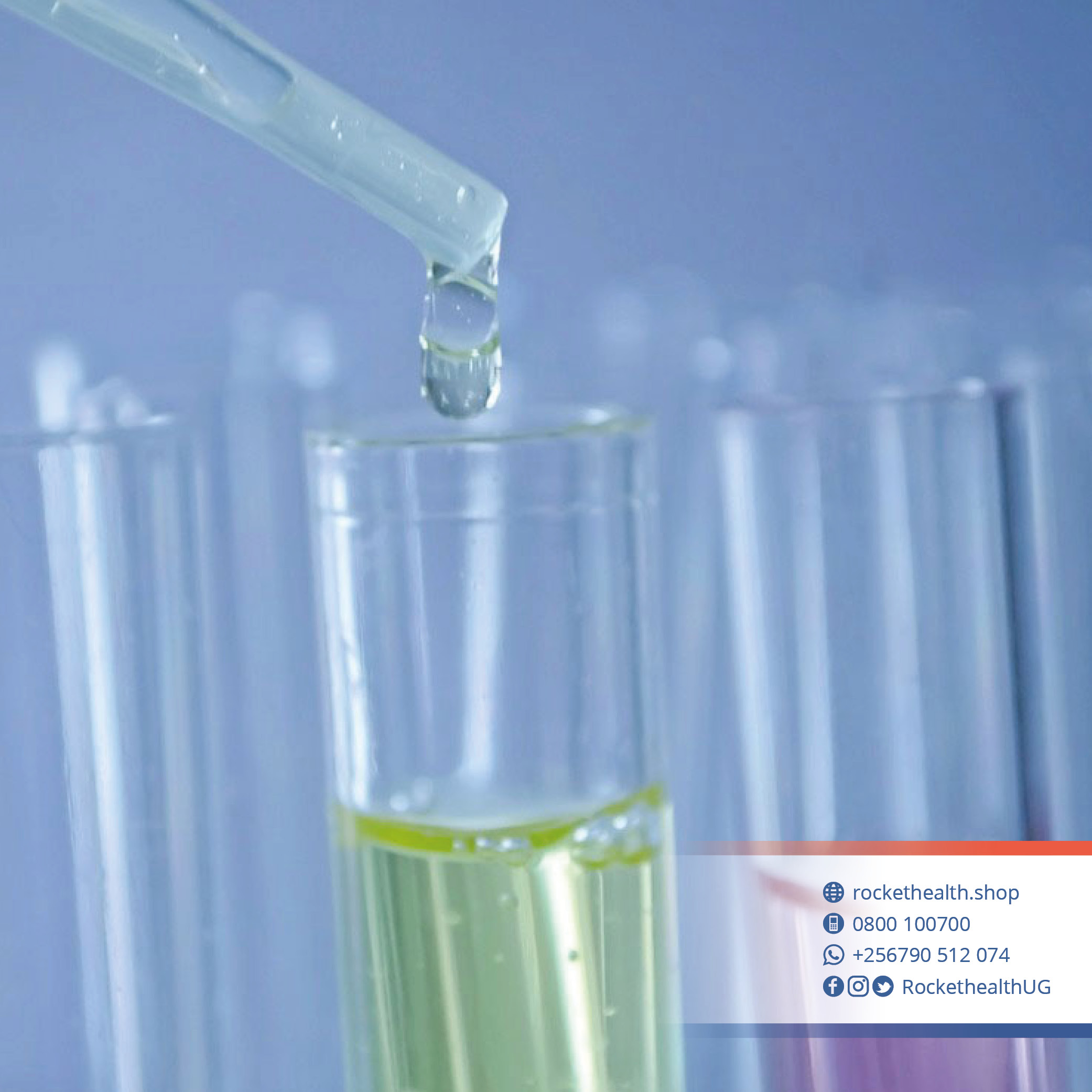- 2 × UGX 20,000
- 1 × UGX 25,000
- 1 × UGX 70,000
- 2 × UGX 70,000
- 2 × UGX 260,000
- 2 × UGX 220,000
- 1 × UGX 20,000
- 1 × UGX 225,000
- 1 × UGX 190,000
- 1 × UGX 25,000
- 1 × UGX 25,000
- 1 × UGX 205,000
- 1 × UGX 190,000
- 1 × UGX 75,000
- 1 × UGX 120,000
- 2 × UGX 75,000
- 1 × UGX 0
- 1 × UGX 150,000
- 1 × UGX 60,000
- 1 × UGX 350,000
- 1 × UGX 120,000
- 1 × UGX 18,000
- 1 × UGX 50,000
- 1 × UGX 8,000
- 1 × UGX 80,000
- 1 × UGX 65,000
- 1 × UGX 50,000
- 1 × UGX 700,000
- 1 × UGX 32,000
- 1 × UGX 50,000
URIC ACID
UGX 30,000
This blood test is used to check for gout and also monitor people undergoing chemotherapy or radiation treatment for cancer.
Blood.
No specific patient preparation protocol required. Inform your doctor if you are on any medications or have any underlying medical conditions or allergies before undergoing this test.
Uric acid is produced by the breakdown of purines. Purines are nitrogen-containing compounds found in the cells of the body, including our DNA. If too much uric acid is produced or not enough is removed, it can accumulate in the body, causing increased levels in the blood (hyperuricemia). The presence of excess uric acid can cause gout, a condition characterized by inflammation of the joints due to the formation of uric acid crystals in the joint (synovial) fluid. Excess uric acid can also be deposited in tissues such as the kidney, leading to kidney stones or kidney failure.
To detect high levels of uric acid in the blood, which could be a sign of the condition gout, or to monitor uric acid levels when undergoing chemotherapy or radiation treatment; to detect high levels of uric acid in the urine in order to diagnose the cause of kidney stones and to monitor those with gout who are at risk of developing such stones

